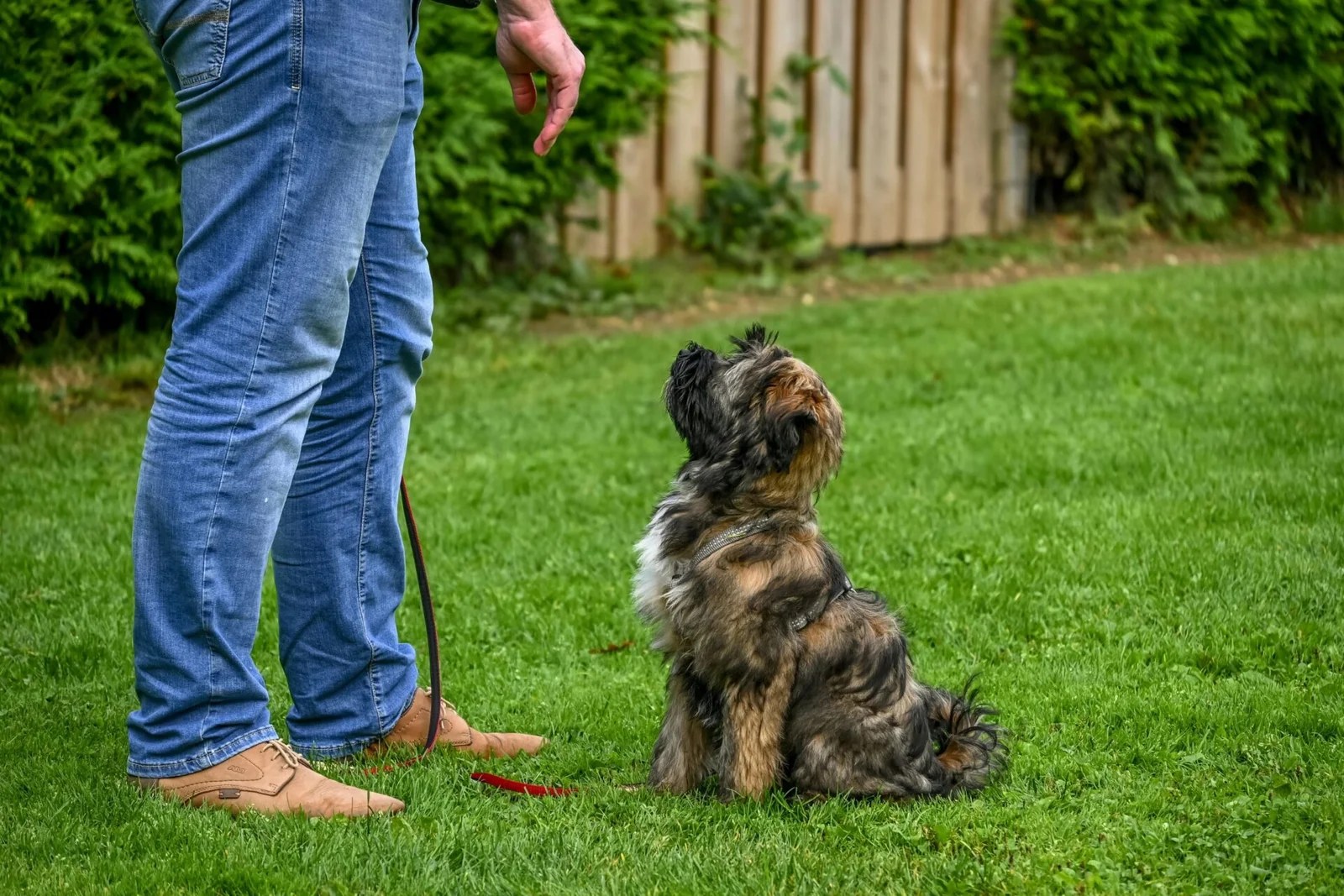
Bringing home a new puppy is exciting, but it can also feel overwhelming. Puppies are full of energy, curiosity, and a need to learn. As a new owner, one of the biggest questions you’ll face is: What should I teach my puppy first? Getting this right will help set your dog up for good behaviour, safety, and a positive relationship with you.
Why the First Skill Matters
The first thing you train your puppy lay the foundation for everything else. It’s not just about convenience – it’s about safety, building trust, and teaching your puppy how to learn. A well-chosen first skill helps prevent bad habits from forming and makes future training smoother.
Instead of jumping straight into tricks or advanced commands, it’s best to focus on practical skills that will make daily life easier.
The First Skill: Name Recognition and Recall
The very first thing your puppy should learn is their name and how to come when called. Without this, it’s much harder to manage them safely, teach obedience, or stop them from getting into trouble.
Teaching name recognition is a simple yet powerful skill. Every time you say your puppy’s name in a cheerful tone, reward them when they look at you. Over time, they’ll learn that their name means “pay attention to me.”
Once they recognize their name, you can start building recall – teaching them to come when called. This skill can keep them safe from dangers like cars, other dogs, or hazards in the yard.
Other Early Skills to Teach
After name recognition and recall, you can move on to a few other basic lessons. These are not complicated, but they form the backbone of good manners and behaviour.
Sit
“Sit” is one of the easiest commands for puppies to learn. It helps calm excitable behaviour, teaches patience, and can be used as a starting point for more advanced training.
Leash Manners
Getting your puppy used to wearing a collar and walking nicely on a leash is essential from day one. Early exposure helps prevent pulling, lunging, or fear of the lead later on.
Handling and Socialisation
Teach your puppy to be comfortable with gentle handling, like touching paws, ears, or mouth. This makes vet visits, grooming, and nail trimming less stressful in the future. At the same time, carefully expose your puppy to different people, places, and safe dogs. This builds confidence and reduces fear.
How to Keep Training Stress-Free
Training a puppy doesn’t have to be complicated or stressful. The key is to keep sessions short, positive, and consistent. Puppies have short attention spans, so 5–10 minutes at a time is enough.
Always use rewards such as small treats, toys, or praise. Never punish your puppy for getting it wrong – instead, guide them toward the behaviour you want.
Be patient. Puppies are like kids. They don’t learn everything in a single day. Repetition, consistency, and encouragement are the key elements that make training effective.
Common Mistakes to Avoid
Many first-time puppy owners make the mistake of either expecting too much too soon or letting bad habits slide. Here are a few common pitfalls to avoid.
- Skipping the basics – Jumping straight to tricks before teaching essential obedience skills can backfire.
- Being inconsistent – If you allow jumping up sometimes but scold other times, your puppy will be confused.
- Using punishment – Yelling or harsh corrections can make your puppy fearful and less willing to learn.
- Too long sessions – Young puppies learn best in short bursts, not drawn-out lessons.
How Long Will It Take?
Every puppy learns at their own pace. Some may pick up their name and recall it within a few days, while others need weeks of consistent practice. Don’t compare your pup to others and focus on steady progress.
By sticking to daily sessions and rewarding the right behaviours, most puppies will master the basics within the first few weeks.
When to Seek Help
If you find training stressful or if your puppy struggles with issues like biting, fear, or excessive barking, it may help to work with a professional trainer. Puppy classes are also a great way to teach skills in a safe, structured environment while also giving your pup a chance to socialise.
Conclusion
The first thing you should teach your puppy is simple. Teach them their name and to come when called. This small step makes life safer and easier, setting the stage for everything else they will learn. From there, move on to sit, leash manners, and socialisation to build a well-rounded, confident dog.
With patience, consistency, and plenty of positive reinforcement, your puppy will quickly grow into a loyal and well-behaved companion.
Train Walk Poop cares about keeping dogs healthy and happy. For more tips or advice, contact us at 801-613-1364. We are here to help you give your dog the best care possible.
